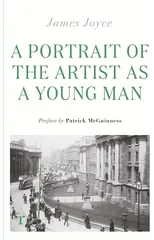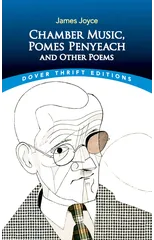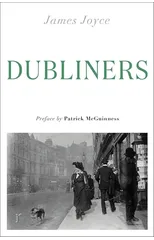NEW PRINT WITH PROFESSIONAL TYPE-SET IN CONTRAST TO SCANNED PRINTS OFFERED BY OTHERS Chamber Music This book is a result of an effort made by us towards making a contribution to the preservation and repair of original classic literature. In an attempt to preserve, improve and recreate the original content, we have worked towards: 1. Type-setting & Reformatting: The complete work has been re-designed via professional layout, formatting and type-setting tools to re-create the same edition with rich typography, graphics, high quality images, and table elements, giving our readers the feel of holding a fresh and newly reprinted and/or revised edition, as opposed to other scanned & printed (Optical Character Recognition - OCR) reproductions. 2. Correction of imperfections: As the work was re-created from the scratch, therefore, it was vetted to rectify certain conventional norms with regard to typographical mistakes, hyphenations, punctuations, blurred images, missing content/pages, and/or other related subject matters, upon our consideration. Every attempt was made to rectify the imperfections related to omitted constructs in the original edition via other references. However, a few of such imperfections which could not be rectified due to intentional\unintentional omission of content in the original edition, were inherited and preserved from the original work to maintain the authenticity and construct, relevant to the work.
James Joyce
James Joyce was an Irish writer known for his innovative and complex writing style. His most notable works include "Dubliners," "A Portrait of the Artist as a Young Man," "Ulysses," and "Finnegans Wake." Joyce's stream-of-consciousness technique and use of interior monologue revolutionized modernist literature. His works often explore themes of alienation, identity, and the search for meaning in a rapidly changing world. "Ulysses," considered his masterpiece, is a groundbreaking novel that follows the events of a single day in Dublin, paralleling Homer's epic poem "The Odyssey." Joyce's unique narrative techniques and experimental prose have had a profound influence on the development of the modern novel.




